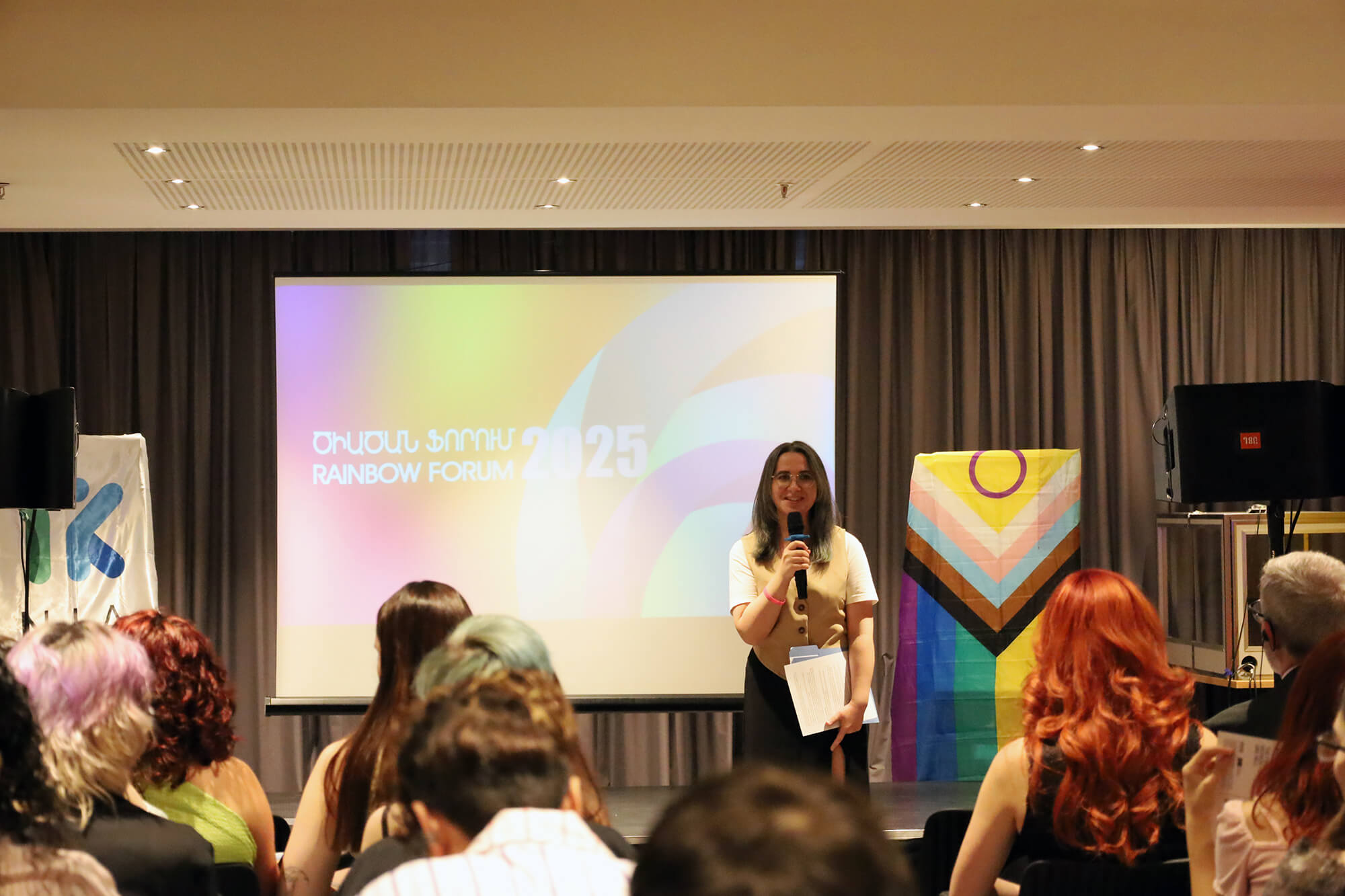An unprecedented decision in a domestic violence case
On January 23, 2024, the social worker of the Pink Human Rights Defender NGO applied to police reporting that the father of a beneficiary who had sought assistance from the organization had been confining him in inhumane conditions for a month and subjecting him to abuse because of his sexual orientation.
Subsequently, criminal proceedings were initiated in response to the incident. However, the prosecutor of the Ararat region’s Prosecutor’s Office decided not to pursue criminal prosecution against the father.
Despite this decision, the Court of General Jurisdiction of Ararat and Vayots Dzor regions made an unprecedented decision. With the legal support of the Pink NGO, on January 25, 2024, the court upheld the victim’s representative’s appeal against the decisions of the Ararat region’s prosecutor not to pursue criminal prosecution towards the father of the victim. The court determined that an adequate investigation into the matter had not been conducted, leading to a violation of the rights of the individual who had suffered abuse at the hands of the father. Furthermore, the court mandated the issuance of a specific procedural directive aimed at rectifying the violation of the victim’s rights.
In its decision, the court considered the constitutional prohibition of discrimination, which encompasses a broad range of protected characteristics, including “personal or other social circumstances.” The court concluded that sexual orientation falls within the scope of “other social circumstances” protected from discrimination as outlined in the Constitution. This interpretation aligns with the application of the universal prohibition of discrimination under Protocol 12 of the European Convention on Human Rights. According to the court, the actions perpetrated by the victim’s father also constituted discrimination. Moreover, the failure to pursue criminal prosecution against the father indicated biased treatment based on the victim’s sexual orientation.
Additionally, the court addressed the violation of the victim’s privacy and found that the investigative body had conducted an incomplete inquiry. Specifically, the court noted that “the investigative body… performed a cursory examination and failed to assess the father’s access to the victim’s social media accounts, personal correspondence, and that of the victim’s partner… as raised in the complaint.”
Pink Human Rights Defender NGO appreciates the stance and legal interpretation of the judge of the Court of General Jurisdiction of Ararat and Vayots Dzor regions. This ruling holds significant importance not only for the specific case but also for the interpretation of legal provisions aimed at safeguarding the human rights of LGBT individuals.




